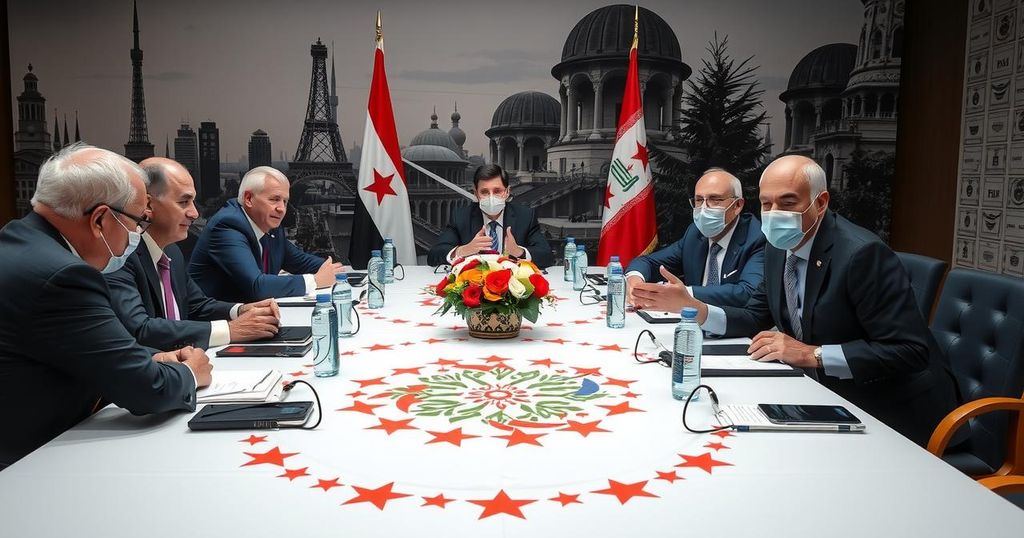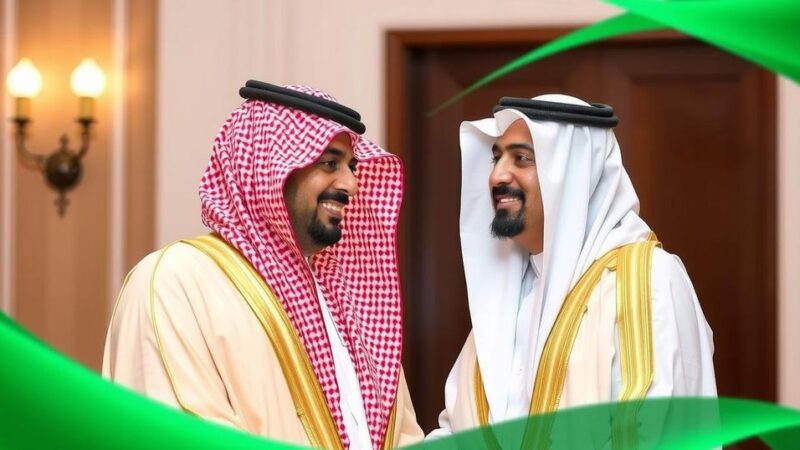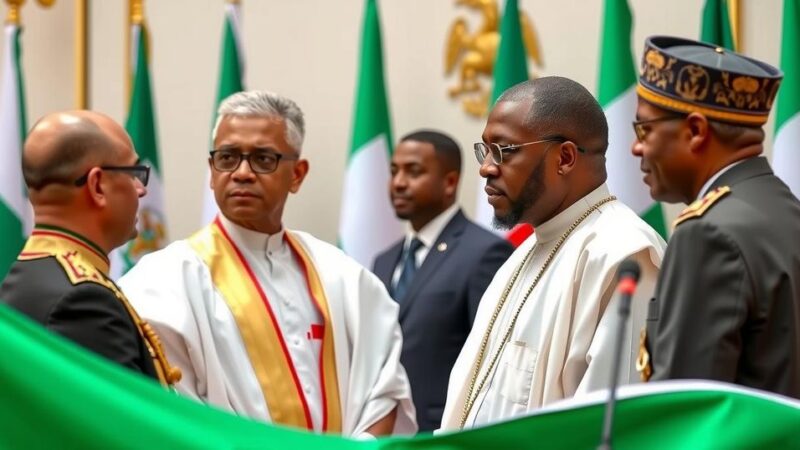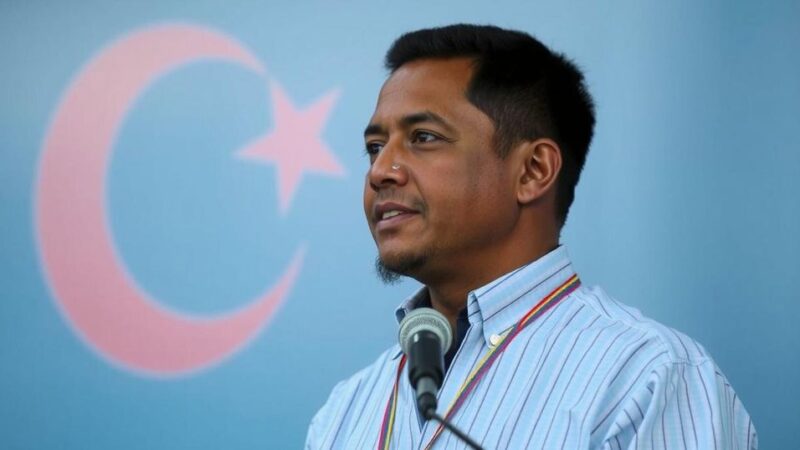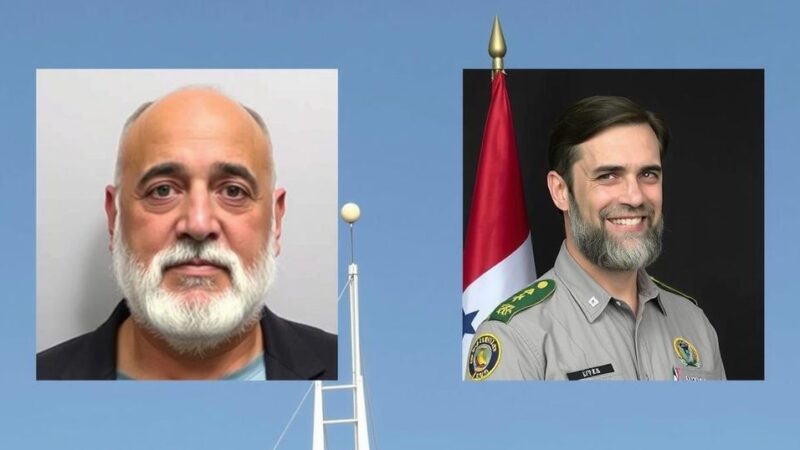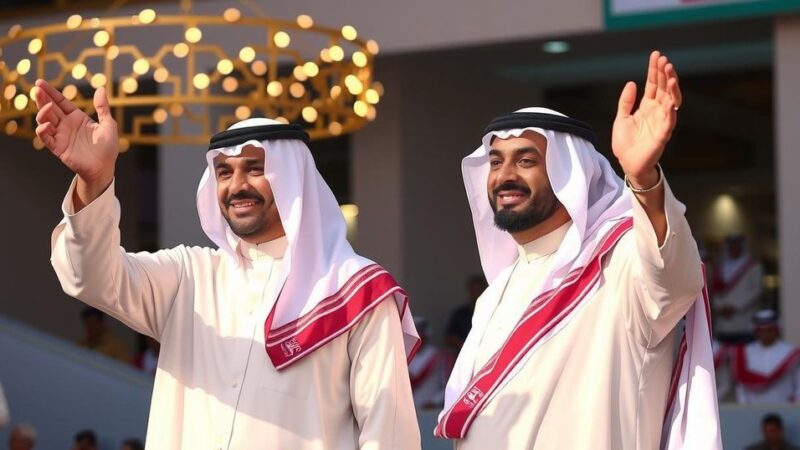Egypt’s President Al-Sisi highlights the necessity of Syria’s unity in a call for political inclusion. Turkish President Erdoğan emphasizes international cooperation for reconstruction post-Bashar Al-Assad. The Syrian Negotiation Commission calls for transitional justice and free elections. The UN and France also re-engage in efforts toward a political resolution amid humanitarian crises in Syria.
In recent discussions surrounding Syria, Egyptian President Abdel Fattah Al-Sisi has underlined the vital need for Syria to maintain its unity and territorial integrity. In a phone conversation with Cypriot President Nikos Christodoulides, Al-Sisi called for a wide-ranging political process that embraces all facets of the Syrian populace. Additionally, Turkish President Recep Tayyip Erdoğan emphasized the importance of international collaboration for Syria’s reconstruction, particularly after the ousting of former President Bashar Al-Assad’s regime by various armed factions. In a meeting with Qatari Emir Sheikh Tamim bin Hamad Al Thani, Erdoğan noted Turkey’s efforts to combat terrorism to ensure national security and restore stability swiftly.
Furthermore, Bader Jamous, the leader of the Syrian Negotiation Commission, indicated that transitional justice in Syria is imperative, asserting the necessity for ongoing legal actions against the prior regime and President Al-Assad. During a United Nations Security Council session, he articulated that Resolution 2254 should guide the aspirations of the Syrian people, advocating for a construction of a comprehensive national transitional government. Jamous also insisted on conducting free and fair elections under UN oversight once a new constitution has been established.
Vasily Nebenzya, Russia’s representative to the Security Council, brought attention to the proximity of Israeli forces near Damascus, reiterating the importance of Syrian state institutions. Moreover, UN Special Envoy Geir Pedersen highlighted the critical nature of an inclusive political transition for securing necessary economic support for Syria. UN Under-Secretary-General Tom Fletcher alarmingly noted that over 70% of the Syrian populace requires assistance, indicating severe shortages of essential resources such as food and fuel.
In a significant diplomatic move, the French Ministry of Foreign Affairs has resumed engagement with Syria, sending a diplomatic mission to meet with representatives from the Syrian transitional authorities. This mission has initiated discussions emphasizing the need for an inclusive political transition. Simultaneously, the French Embassy in Damascus has raised its flag after a twelve-year closure due to the civil war, reflecting a cautious re-engagement with the Syrian situation.
The ongoing conflict in Syria has drawn significant international attention and intervention over the years, resulting in a complex landscape of military, political, and humanitarian challenges. Since the onset of the civil war in 2011, various factions have vied for control, leading to the contentious relationship between the Syrian government and various opposition groups, alongside extensive foreign engagement from nations like Turkey, Russia, and France. Recent dialogues emphasize the need for a unified approach towards rebuilding Syria and establishing a legitimate governance framework while addressing urgent humanitarian needs.
In summary, the discussions among key international leaders regarding Syria underscore the importance of unity and comprehensive political processes in addressing the country’s challenges. The collaborative efforts proposed by Egypt, Turkey, and France highlight an emerging focus on both transitional justice and humanitarian assistance. As the international community becomes increasingly involved, particularly through the UN, the potential for a structured political transition raises hope for the Syrian populace enduring the ongoing crisis.
Original Source: www.dailynewsegypt.com
